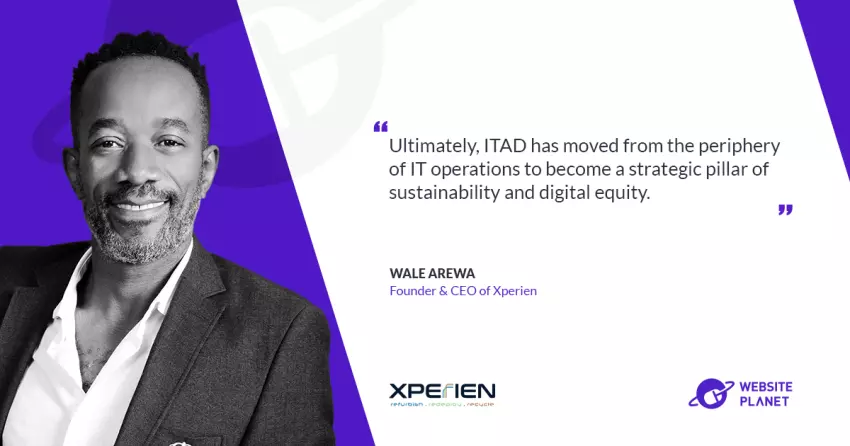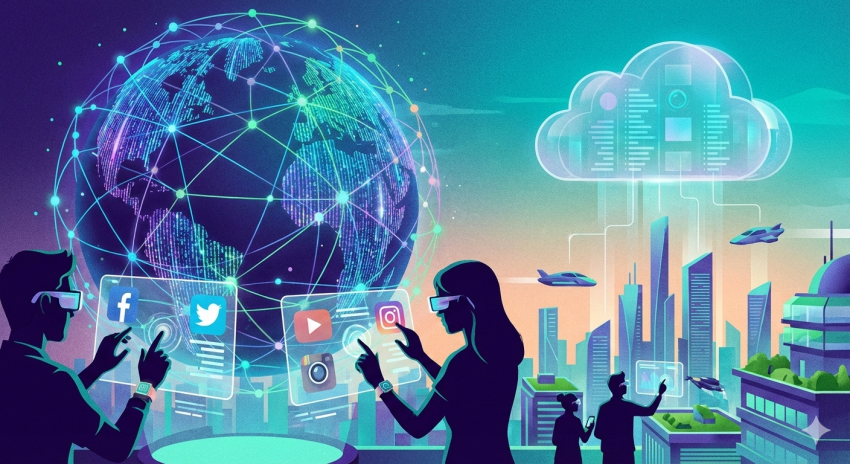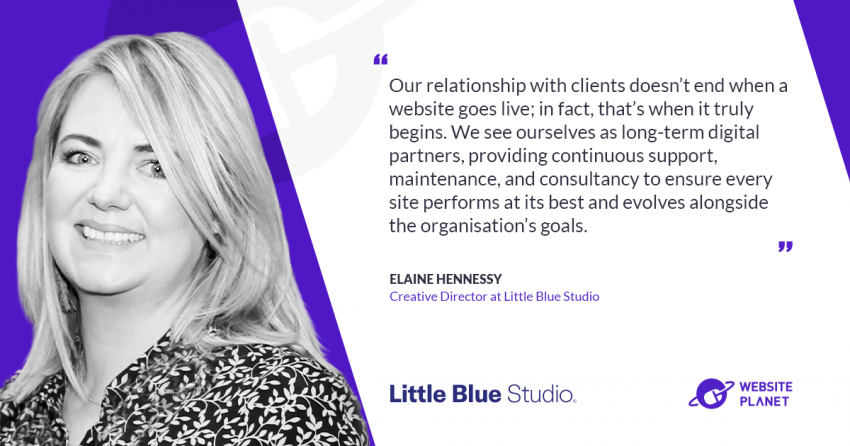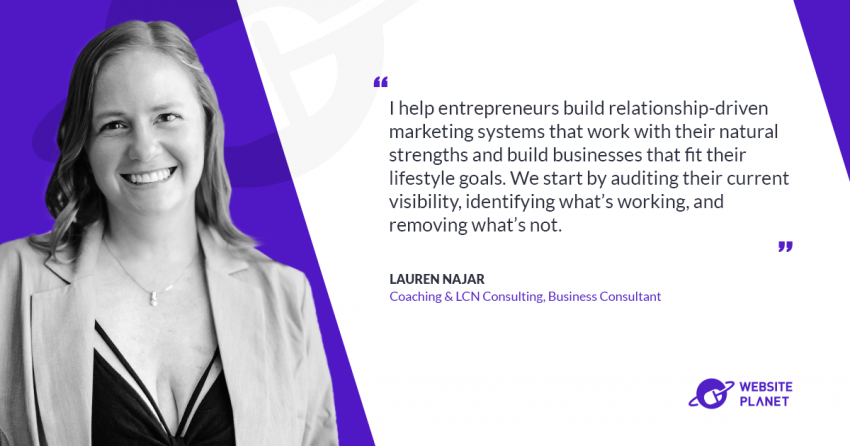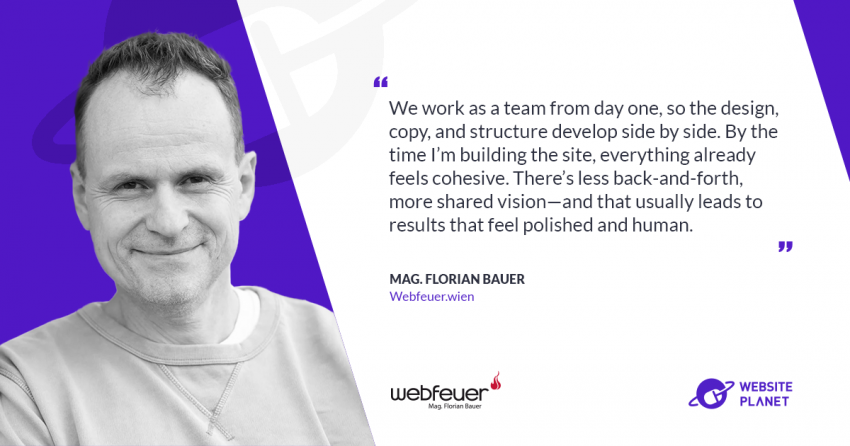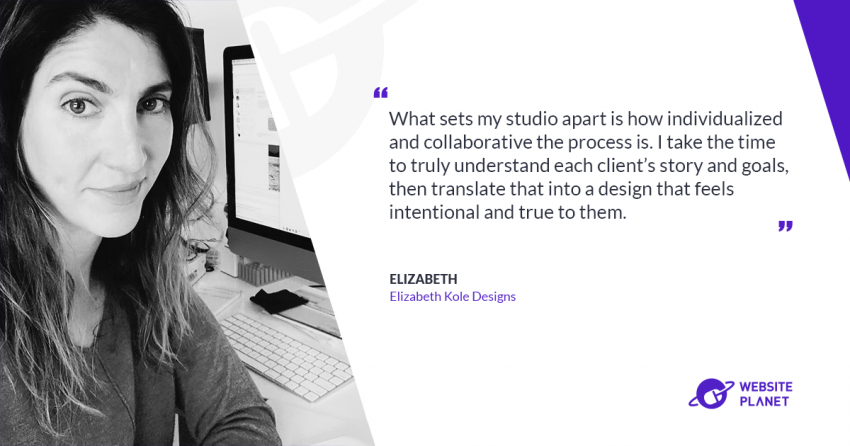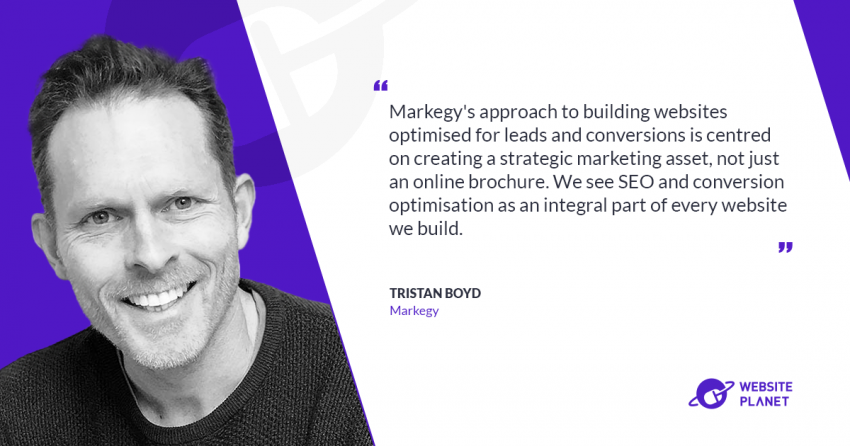Founded more than 25 years ago, Xperien has evolved from a used computer dealer into one of South Africa’s leading IT Asset Disposal (ITAD) providers. In this interview, Founder and CEO Wale Arewa shares how changing technology, regulation, and sustainability goals have shaped both the company and the broader ITAD landscape. Website Planet has the pleasure.
Can you give us a brief overview of Xperien as a company and its backstory?
Xperien is an IT asset disposal (ITAD) service provider, but our journey started over 25 years ago as a used computer dealer. Back in the early 80s very few people were thinking about how to properly dispose of computers. The most common “disposal” method was simply storing old equipment. Some companies opted to auction off outdated tech, while others would pass it on to their staff. And of course, the least favorable method—landfilling—was unfortunately not uncommon.
As we moved into the 90s and computers became more widespread, it became clear that disposal needed to be more organized. That’s when used computer dealers, like us, began evolving into what was called “asset recovery services”—essentially offering cash for old computers, along with services like packaging and transportation. Another route some companies took was working with scrap metal dealers, who would collect anything from air conditioners to computers for resale or recycling.
By the late 90s, the concept of asset recovery had matured, and this paved the way for the modern ITAD industry. Over time, our role evolved from being a used hardware dealer to offering comprehensive IT asset disposition solutions—and that’s how Xperien became what it is today.
In what ways have legislation, data protection laws, and environmental law requirements shaped the growth of ITAD services in South Africa?
In the mid-90s, as computers became more widespread, two serious problems began to emerge. The first was the misuse of personal and sensitive information stored on old devices. There were increasing cases of bank accounts being hacked, passwords being recovered, and proprietary data being compromised—all because computers weren’t being properly sanitized at the end of their life cycle.
The second issue was environmental. Many devices were ending up in landfills or being disposed of in ways that were harmful to the environment, leading to growing concerns about pollution and e-waste. In response, governments around the world began to introduce legislation to address both data security and environmental impact.
In South Africa, we saw the introduction of the Protection of Personal Information Act (POPIA), while Europe implemented the General Data Protection Regulation (GDPR), which has global implications. On the environmental side, South Africa enacted the National Environmental Waste Management Act, among others.
These data protection and environmental laws made it mandatory for both IT asset owners and service providers to comply with strict regulations. As a result, the IT asset disposal (ITAD) sector evolved from simply handling equipment at the end of its life to becoming a compliance-driven, standalone service. Today, ITAD plays a critical role in ensuring regulatory adherence and environmental responsibility at the close of the IT asset lifecycle.
How has the role of IT Asset Disposition (ITAD) shifted from simple disposal to becoming a key component of corporate sustainability strategies?
Over time, the role of ITAD has evolved significantly, and one major turning point was the COVID-19 pandemic. During that period, global supply chains were severely disrupted, leading to a shortage of new computers. ITAD providers, including ourselves, stepped in to meet the demand by supplying refurbished equipment, filling the remote work gap for corporate clients. This shift elevated the perception of used computers and accelerated the adoption of circular economy principles.
Traditionally, ITAD was focused solely on disposing of corporate equipment. But the pandemic prompted many organizations to reconsider their sustainability priorities. Companies began to think more holistically—about the planet, people, purpose, and processes—before focusing on profit. This mindset change led to deeper collaboration with ITAD providers as part of their corporate sustainability strategies. Used equipment became more acceptable.
Today, ITAD plays a central role in promoting responsible consumption and production, aligned with UN Sustainable Development Goal (SDG) 12. But our impact extends beyond that. For example:
- SDG 8 (Decent Work & Economic Growth): We create employment opportunities through our refurbishment and redistribution processes.
- SDG 10 (Reduced Inequalities): Equipment that isn’t redeployed in corporate settings is donated to underprivileged communities, helping to bridge the digital divide.
- SDG 13 (Climate Action), 14 (Life Below Water), and 15 (Life on Land): By preventing electronic waste from entering landfills and ensuring environmentally safe disposal, we support ecosystem preservation.
- SDG 16 (Peace, Justice & Strong Institutions): Our secure data sanitization practices promote good governance and protect sensitive information from falling into the wrong hands.
Ultimately, ITAD has moved from the periphery of IT operations to become a strategic pillar of sustainability and digital equity.
What unique challenges and opportunities does the South African ITAD market face compared to global trends?
One of the biggest challenges in South Africa is the relatively small size of the economy. Unlike markets such as the U.S., UK, or much of Europe, there’s simply less overall business activity—especially in the IT sector—which makes it harder for ITAD service providers to scale and sustain operations.
This limited scale affects our ability to invest in important industry accreditations. In the ITAD space, there are several certifying bodies that ensure providers follow compliant and secure processes. These include standards like ISO 9001 for quality management, ISO 14001 for environmental management, ISO 45001 for occupational health and safety, and ISO 27001 for data security. Achieving and maintaining these certifications requires significant investment in training, internal procedures, and regular audits. But with a smaller client base, many local providers simply can’t afford the costs involved.
That said, despite this economic constraint, the actual services offered by South African ITAD providers are largely on par with global standards. From a service quality and operational perspective, we’re aligned with international trends, just operating at a different scale due to the size of the market.
What can we expect from Xperien moving forward?
As I mentioned earlier, we’ve evolved over the years from a used computer dealer to an asset recovery service, then into a compliance-focused provider, and later into a sustainability-driven ITAD company aligned with key Sustainable Development Goals (SDGs). Looking ahead, we’re committed to going even further.
At Xperien, our vision for the future goes beyond reducing carbon emissions and enabling a circular economy. We’re now focusing on promoting and restoring biodiversity as part of our broader sustainability mission. Specifically, we’re aligning ourselves with the Kunming-Montreal Global Biodiversity Framework (KMGBF), which outlines 23 global targets for biodiversity conservation.
We’ve aligned with Target 12, which focuses on enhancing green spaces. To support this, we’ve partnered with a nonprofit organization called Jozi Trails, where we actively participate in biodiversity conservation and restoration efforts.
Additionally, we’re involved with another nonprofit, You Made This, which focuses on raising awareness around e-waste. This initiative aligns with KMGBF Target 21, which promotes public access to environmental knowledge.
These projects represent our next chapter—going beyond compliance and contributing meaningfully to both ecological restoration and environmental education.
To learn more about Xperien, you can visit www.xperien.co.za
